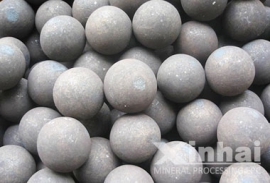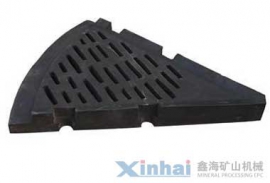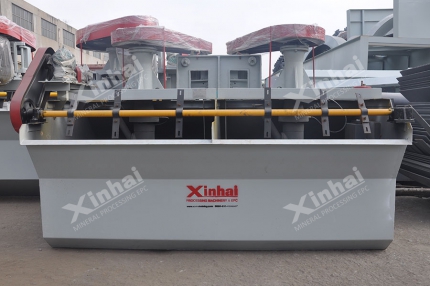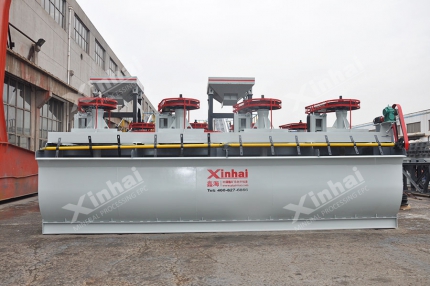Floating cells is according to the mine surface chemical property between objective mineral and gangue mineral, bring out the weak-hydrophilia and strong-hydrophobicity mineral by vesicle floating cells in the slurry. floating cells principle is based on this to complete. Since the 1960s, floating cells are becoming a big model and more types. And there appear snifting floating cells (floating cells cylinder) with autogenous control. Whatever happen to float cells, the principle would not be changed. In late 20 century, Chinese floating cells technology developed rapidly, and various advanced floating cells are designed, like XJQ, BS-M, JJF, and ZJZ. These machine is turning to a big model that the cell volume has reached 40, 50, and 160 m³. floating cells principle makes use of the surface property of different mine, and machine utilizes vesicle floating hydrophilia material to process the mine.
Recently, our Chinese floating cells consist of Mechanical agitation floating cells, Air- inflation agitation floating cells and Air- inflation floating cells. Take the XJ mechanical agitation floating cells for example, as old the machine model is, it is a common machine. floating cells can be used widely in roughing, cleaning and reverse floating to process iron and other black mines. And there are many manufacturers in China, Xinhai can produce floating cells according to the circuit that customers provide and change the install allocation to satisfy customers. Choosing Xinhai mining machinery company is choosing mineral benefit maximization.


 marketing@ytxinhai.com
marketing@ytxinhai.com  0086 13810327080
0086 13810327080 






































































































 CHAT
CHAT MESSAGE
MESSAGE


